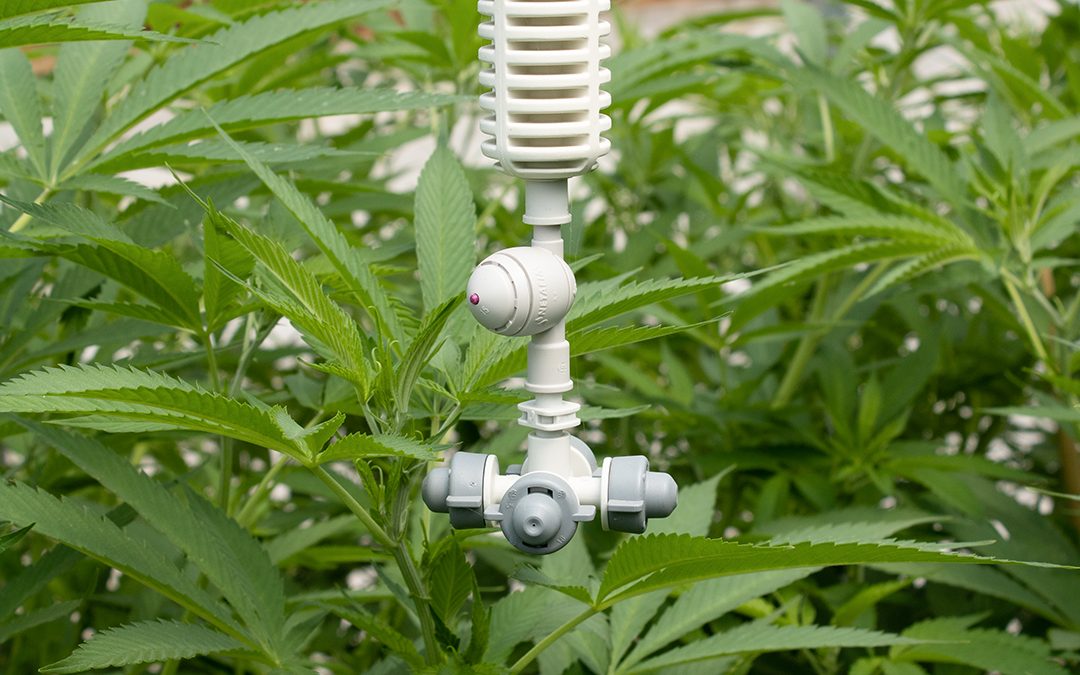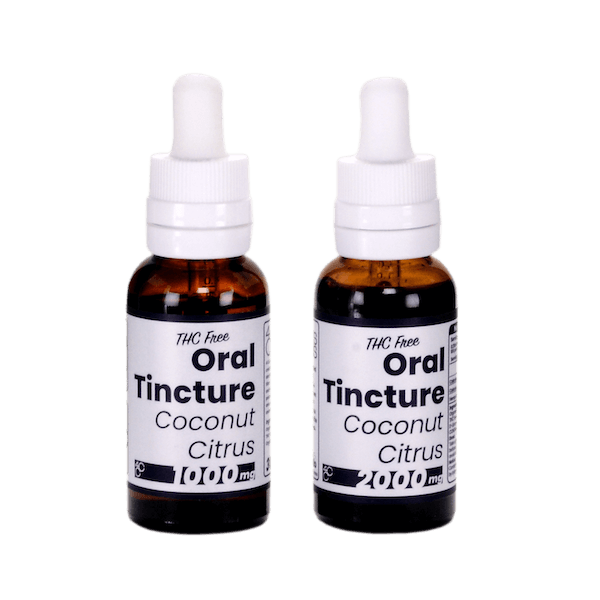It doesn’t necessarily occur to most of us, but plants need a healthy and balanced diet as much as we do. With a poor diet, even the heartiest of plants won’t live up to their potential. That includes cannabis. Since we’ve got ample experience in this department, we’re here to unpack the question: “what do cannabis plants eat?”
What Do Cannabis Plants Eat?
Plants, like humans, need nutrients to grow. Aside from obvious air and water requirements, plants actually eat as well. Although plants need macro and micronutrients, their macros and micronutrients are a bit different than our own.
MACRONUTRIENTS
As humans, the macronutrients that we require are carbohydrates, proteins (amino acids), and lipids. We call them macronutrients because they make up the majority of our daily intake. For cannabis (and plants more generally), the nutrients that make the list are quite different because their needs are so different. Cannabis macronutrients consist of the following:
- Nitrogen – As we find in Soft Secrets’ article Nitrogen and Cannabis, nitrogen facilitates photosynthesis and the sugar production. These functions allow cannabis plants to grow. Bat guano and worm castings are great sources of Nitrogen.
- Phosphorus (considered a micronutrient in a human diet) – Author Colin Bell of mammothmicrobes.com shares that, among other functions, phosphorus optimizes nutrient uptake and supports a given plant’s immune function.
- Potassium (considered a micronutrient in a human diet) – Primarily responsible for regulating water/salt retention. It also aids in the conversion of CO2 into Oxygen by opening and closing the stomata (a plant’s pores).
MICRONUTRIENTS
While macronutrients are the cornerstones of a healthy diet for cannabis, micronutrients can greatly impact the vitality of a plant. While the macronutrients are vital for the cannabis plant to grow, the micronutrients act as secondary foods that are needed for maximum growth and potency. The following are several (but certainly not all) of the micronutrients that help support a strong cannabis crop:
- Magnesium – In one Leafly article on cannabis nutrition, the author informs us that magnesium is the primary building block of chlorophyll. It allows energy from photosynthesis to be converted into glucose. As a side note, magnesium is also thought to be one of the most crucial micronutrients in animal diets as well.
- Zinc – Robert Bergman of The Weed Blog informs us that zinc assists in the production of chlorophyll, several enzymes, and auxin (a growth hormone in cannabis plants). Zinc is vital to the structural integrity and strength of the many constituent parts of the plant.
- Iron – Assists in the production of chlorophyll, contributes to energy storage and optimizes nitrogen uptake (just as many cannabinoids work together, so do minerals).
- Calcium – Aids in structural integrity, regulates hormone and enzyme production and sorts genetic matter during cell division.
HUNGRY CANNABIS PLANTS BEST GROWING CONDITIONS
Growing cannabis is a complex process that in many ways is like growing something like a tomato. Just as growing indoors or outdoors matters when deciding on appropriate lighting for your plants, the growing medium also impacts nutrient regimens.
SOIL
Using a soil medium makes sense for a lot of reasons. For starters, it allows plants the freedom to grow how they would naturally. Roots are free to stretch in every direction and plants can grow as tall and wide as they please.
Plants that grow in this way have the potential to produce far more “bud” or “flower” as well. “Flower” comprises the part of the plant with all the good stuff. Good soil gives growers a leg up by providing some preexisting nutrients that plants need as well.
HYDROPONICs
Hydroponic growing is a relatively new medium in the grand scheme of things. It’s a system in which roots have constant access to water, and nutrients are delivered to the plant through that water. According to one Royal Queen Seeds article, These plants might not grow as large or provide as many buds as plants grown in soil. All else aside though, hydroponic growing allows for maximum control of the process of watering cannabis from start to finish.
Growers who utilize hydroponic systems can control, to a tee, the atmosphere that plants grow in. Variables such as light, precipitation, and nutrition can be adjusted to any precise timing, duration, and intensity that a plant needs.
What Should I feed my Cannabis During Flower?
During flower, the needs of your hungry cannabis plants are very similar to the other stages of growth. Nitrogen, phosphorus, and potassium are all key components of the perfect bloom. Unlike some other plants, like tomatoes, extra potassium will not increase flower size.
In fact, with cannabis excessive amounts of potassium or phosphorus can cause your plants to restrict growth to meet the perceived lower nitrogen levels. This is a fast way to starve your plants and at best limit their growth.
How does Nutrition Influence Cannabinoid Synthesis by Cannabis?
Under normal growing conditions, the cannabinoid profile of cannabis is affected much more by the strain of the plant rather than the nutrients and soil used for growing. Unless the plant is put under nutrient stress, each strain will retain the cannabinoid characteristics you’d expect.
According to Greenhouse Grower, nutrient stress may modify up to 100 different cannabinoids, but the most likely outcome is for a smaller plant, although because of the profile change they might end up being more potent than the original plant.
THE BOTTOM LINE
Cannabis plants hunger for good nutrition just the way that humans do. Feeding plants a subpar diet will result in a subpar harvest. To avoid malnourishment, monitor plants closely and frequently, as their appearance will signal nutrient deficiencies and surpluses (yes, plants can get TOO much of some nutrients as well).
There are numerous resources to help guide you in your cannabis growing journey, from blogs to books, to botanists. That being said, no teacher will give you more knowledge than the experience itself. If you haven’t already, start feeding your plants a healthy diet and start learning how to fine-tune the nutrient regimen for your growth. To learn a bit more about growing cannabis, click here.




